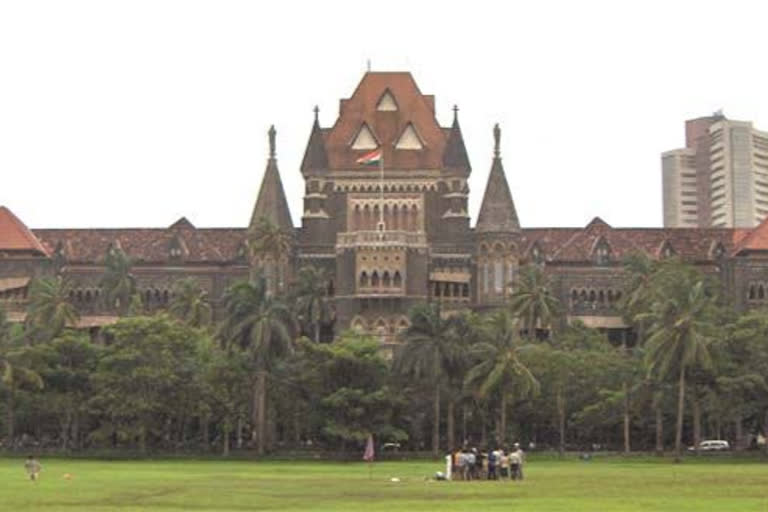Mumbai (Maharashtra): The Bombay High Court recently held that when a child is being sent abroad for higher education, the concurrence of both the parents, particularly the one who is paying for it is necessary.
A division bench of Justice Akil Kureshi and Justice SJ Kathawalla passed the order while hearing a civil application filed by one Sheetal Bhatija in her appeal against the family court order seeking directions to her divorced husband to pay ₹1.20 crore towards the education of their daughter in Australia.
However, the court said that as the husband was not consulted about her education, he should only pay ₹25 lakh. “When a ward is being sent for education abroad at a relatively young age, which entails considerable expenditure, the concurrence of both parents, particularly one who is expected to bear the expenditure thereof, would be necessary,” the HC said.
The bench, while hearing the civil application filed by the woman in a family court appeal, was told by advocates Abhijeet Sarwate and Ajinkya Udane that as per a family court order, the husband was paying maintenance of ₹30,000 and ₹20,000 each, for their two daughters. One of the daughters had been admitted to a five-year course in Australia in 2014, and the mother had mortgaged her flat to bear the cost. The advocates submitted that as the father was well-off, he should pay the ₹1.20 crore.
However, advocates Ashish Kamat and Ramchandra Yadav, representing the father, argued that while their client had been financially well-off in the past, he had withdrawn from active business and could not afford his daughter’s education. They submitted that the mother had taken a unilateral decision to send the daughter to Australia, without consulting their client, and so he cannot be asked to bear the cost.
“The applicant cannot take a unilateral decision of such magnitude and simply send the bill for the expenditure to the father,” the court said as it directed the father to pay ₹25 lakh towards his daughter’s education.
The marriage between Sheetal and husband Deepak was dissolved by the family court by mutual consent under Section 13-B of the Hindu Marriage Act, 1955. However, the wife being aggrieved by the dismissal of her claim for maintenance, lump sum alimony, residence, and litigation expenses; insufficient maintenance with regard to her daughters, Shloka and Shrishti and her claim for reinstatement of her associate membership in Khar Gymkhana, filed the present family court appeal.
In her appeal, Sheetal had sought interim maintenance of Rs.50,000 per month for herself; further a sum of Rs.55,000 per month towards rent for herself; further a sum of Rs.55,000 per month towards rent for herself and two daughters. She has also prayed for the reimbursement of a sum of Rs.1.20 crores to be made by the respondent-husband which she has spent for the higher education of her daughter in Australia. Yet another prayer for payment of a sum equivalent to 2100 Australian dollars per month for the educational expenses for the elder daughter Shristi for the remaining period. Along with this, a maintenance of Rs.1,00,000 per month for younger daughter Shloka and reimbursement of litigation cost of Rs.2,00,000.
